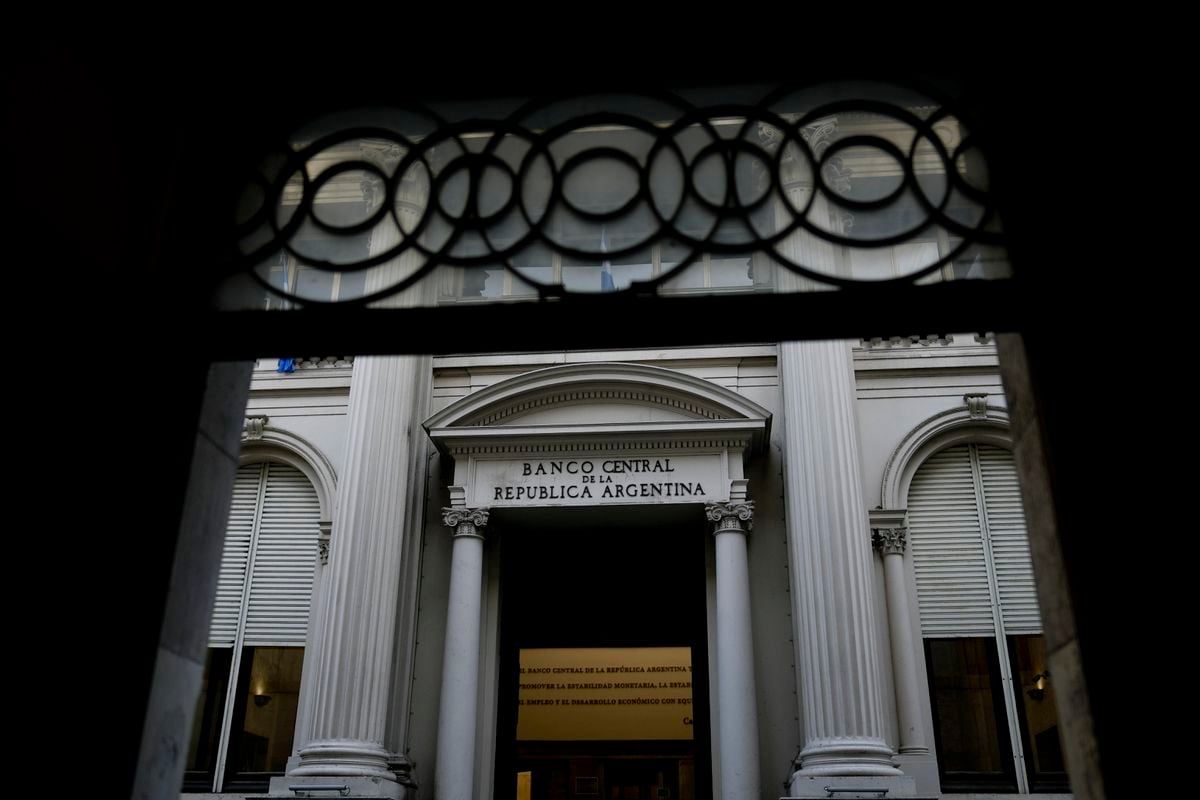In Argentina, the gap between the price of the dollar in the official exchange market —very controlled and restricted— and in the parallel has grown in recent weeks to reach 100%.
The maximum denomination bill, one thousand pesos, is exchanged for 5.2 dollars in the first and for 2.6 in the second.
In the midst of this strong depreciation of the currency in the informal market, read as a sign of danger by a population accustomed to crises, the Government has unexpectedly announced a repurchase of 1,000 million foreign debt.
The objective of the measure is to stabilize the exchange market and improve the economic image of the country in 2023, when Argentines are called to elect the next president at the polls.
The Minister of Economy, Sergio Massa, announced this Wednesday in a recorded message that it was decided to "authorize or instruct the Central Bank of Argentina (BCRA) to carry out this repurchase process on behalf of the Treasury in order to continue improving the profile of Argentina's external debt, to continue lowering the country risk”.
Since we took office at @Economia_Ar, we have set clear objectives to normalize our micro and macroeconomy and improve our debt profile.
For this reason, today we announce a repurchase operation of Argentina's external debt for more than 1,000 million dollars.
pic.twitter.com/2TrYgUfFV4
— Sergio Massa (@SergioMassa) January 18, 2023
The measure will materialize in global bonds maturing in 2029 (GD29) and 2030 (GD30).
There are two instruments issued in September 2020 after the debt restructuring with private creditors.
They are relevant in the market because they are the most used for stock transactions that allow companies to get hold of dollars through what is known as the MEP dollar or 'cash with settlement' (CCL).
The Government seeks to contain both prices and from that brake, also put a ceiling on the depreciation of the peso in the informal market.
The 1,000 million dollars is a small percentage of the 135,000 million Argentine debt in the hands of the private sector, but it is a signal that was welcomed by investors.
Argentine sovereign bonds in dollars jumped up to 11% in New York and Argentina's country risk fell to its lowest level since May of last year, touching 1,800 points.
Even so, this index remains well above that of other Latin American economies, such as Brazil's 259 or Peru's 165.
In technical terms, country risk is the difference in the interest that a country must pay on its debt —the surcharge— compared to the interest paid by US Federal Reserve bonds.
The higher it is, the greater the danger investors perceive to lend money to a state.
Argentina's history—with nine defaults behind it, including the one in 2001, the largest in history—explains the distrust.
If it improves its image and manages to lower this index, it would be easier to rejoin the capital market.
The government of Mauricio Macri received the largest credit granted by the International Monetary Fund in 2018 —57,000 million dollars—, but shortly after it became clear that it could not be repaid within the agreed term.
His successor in the Argentine Presidency, Alberto Fernández, agreed
in extremis
on a debt restructuring with the IMF in March 2022, but the disbursements of the international organization are conditional on Argentina ordering its accounts, increasing its reserves and reducing the fiscal deficit .
Most economists anticipated that Massa's decision will alleviate the exchange rate tension of recent weeks, but warned that the government has not explained how it will finance the operation.
In 2022, the international reserves of the Central Bank of the Argentine Republic increased by 5,006 million dollars, up to 44,588 million dollars.
However, the outlook seems more complicated this 2023 due to the drought that affects the country's crops and for which a drop of at least 10,000 million dollars is expected in the settlement of foreign exchange from agriculture, according to forecasts from the Rosario Stock Exchange.
Subscribe here to the EL PAÍS America newsletter and receive all the latest news in the region.

